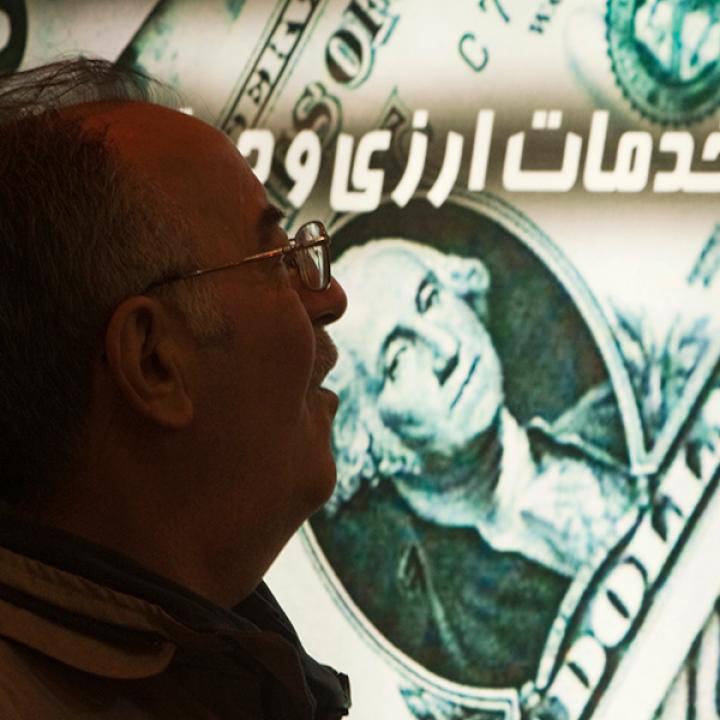
- Policy Analysis
- Articles & Op-Eds
The View from Tehran's Twilight Zone: Iran's Continued Illicit Finance Activities and Their Implications

In Tehran's alternative reality, there is no risk to doing business in the Islamic Republic because sanctions no longer exist, yet such claims ignore the role that the regime's own actions play in scaring foreign banks away.
The following is an excerpt from a report published by the Henry Jackson Society's Centre for the New Middle East. Download a free PDF of the full paper from the society's website.
A day after meeting with Treasury Secretary Jack Lew, the Governor of Iran's Central Bank, Valiollah Seif, spoke at the Council on Foreign Relations where he warned that failure to do more to integrate Iranian banks into the international economy could jeopardize the Iran deal. The onus, he stressed, is on Washington and its allies to reassure banks that doing business in Iran is fine. But it's not, and that is entirely Iran's own fault.
If Seif it to be believed, Iran has no menacing intentions toward any other countries, never pursued a nuclear weapon, was not driven to the negotiation table by the power of biting sanctions, and has every right to expect Washington to go well beyond the terms of the Iran deal to ensure Iran's full reintegration into the international economy.
But, Seif complained, that reintegration is not happening. In his words: "Let me give you a snapshot of what has happened since three months ago, the date of implementation of the [Iran deal]: almost nothing." And, without discounting Treasury's efforts to help Iranian banks to date, he insisted these efforts have proved to be insufficient. "Unless serious efforts are made by our partners to make the [Iran deal] work, in my view, they have not honored their obligations."
Just two days earlier, senior Treasury official Adam Szubin reiterated in the most uncertain terms that Washington is not standing in the way of permissible business activities involving Iran. But according to Seif, the reason Iran has not seen the benefits it expected under the deal is not due to the risks that remain to doing business in Iran such as rampant corruption and a banking sector that is out of step with international banking norms, it is the result of the administration not honoring its obligations under the deal. Under Iran's reading of the deal, Seif stressed, "effective implementation of the agreement [must be done] in such a way that Iran's economic and business activities will be facilitated." If not, he warned, the deal "breaks up on its own terms."
In fact, Seif made clear Iran expects the administration to provide benefits well beyond what is offered in the Iran deal itself, including access to the U.S. financial system and the ability to dollarize foreign currency transactions through U.S.-based banks in what is called "U-turn transactions." U.S. officials explicitly insist neither of these demands will be met, but that has not stopped Seif from demanding that the U.S. even go so far as to change its laws, if necessary, to make them happen.
In Seif's alternative reality, sanctions no longer exist so there is no risk to doing business in Iran. We now live in a "post-sanctions environment," he said, ignoring the terrorism, ballistic missile, and human rights sanctions that remain in place. As for the claim that it is Iran's own actions -- executing minors, persecuting religious minorities, sponsoring terrorism, testing ballistic missiles -- that create the kind of risk and uncertainty that keep banks from doing business with Iran, Seif argued that's nothing new...
Henry Jackson Society


